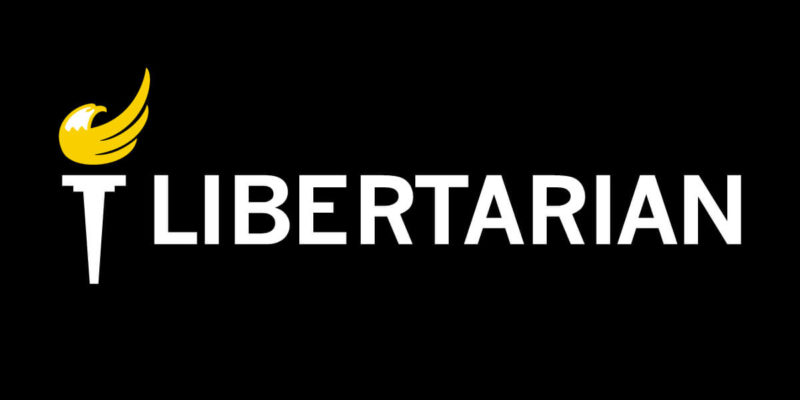Corporate welfare is a problem in politics, as we’ve seen time and time again. Governments at all levels subsidize any company or industry they deem important to the economy, often using popular phrases like “economic development” or “job creation” to gain favor with the public, leaving taxpayers stuck with the bill. The most egregious examples of this sort of waste come from Washington where Congress often showers special interests with subsidies through farm bills and energy subsidies. This sort of waste may be good for a few well-connected businesses, but it’s not in the best interest of taxpayers.
Charlie Harper has noted recently at Peach Pundit that the State of Georgia and the City of Atlanta seem prepared to go all in on a different form of corporate welfare; a new stadium for the Atlanta Falcons.
Admittedly, I don’t watch a lot of professional football anymore. The recent lockout completely turned me off, not to mention the Falcons’ failure to win a playoff game. But this sort of corporate welfare — and yes, that’s exactly what it is — deserves just as much criticism as anything we coming out of Washington.
State and city leaders are trying to use the allure and glamor of a Super Bowl as justification for pursuing a new stadium. The fiscal benefits of a new stadium, assuming that the NFL does indeed award the city a Super Bowl, would be nowhere near the millions of dollars taxpayers will be expected to invest. PolitiFact Georgia noted in 2010 that the last Super Bowl that came to Atlanta had an impact of only $150 million.
Other arguments for taxpayer subsidies for sports teams, such as job creation — though this particular argument has not been, to my knowledge, advanced by backers of the new stadium, never seem to pan out or are greatly exaggerated. The Wall Street Journal debunked this claim sometime ago when reviewing the jobs impact of the Washington Nationals’ new stadium:
Sports economists have long argued that publicly financed stadiums are a waste of taxpayer money. And they have the data to prove it.
Yes, stadiums do create high-paying construction jobs for a year or two. But the vast majority of long-term employment is low-wage concession jobs. A Congressional Research Service study of the Baltimore Ravens stadium found that each job created cost the state $127,000. By comparison, Maryland’s Sunny Day Fund created jobs for about $6,000 each.
“Walk a few blocks away from the stadiums and you’ll see the net economic impact of both the Ravens’ stadium and Camden Yards,” said Neil deMause, author of “Field of Schemes,” a book and Web site devoted to the false promises of publicly financed sports stadiums. “Both have produced a plethora of pawn shops and dollar stores.” A 1998 report by the New York City Independent Budget Office found no “economic rationale for assuming that building any new stadium would itself spur construction of office towers and hotels. Total output resulting from the presence of the teams in the city amounts to less than one tenth of one percent of the economic activity in New York City.”
The folks at Reason TV also noted that sports venues funded never live up to the hype, again using Nationals Stadium as a backdrop.
Unlike some who are taking up this issue, I don’t disparage Arthur Blank because he’s a wealthy man. That doesn’t bother me, and if anything his story and success shows that entrepreneurship is truly a great thing. But what bothers me is that he, given his wealth, is colluding with the City of Atlanta to build a new stadium at taxpayer expense.
It’s not too much to ask that he finance his own stadium for the Falcons, a team he chose to purchase. And if this is indeed to too large a request, perhaps he should take his team elsewhere. I’ll even help them pack, free of charge.

